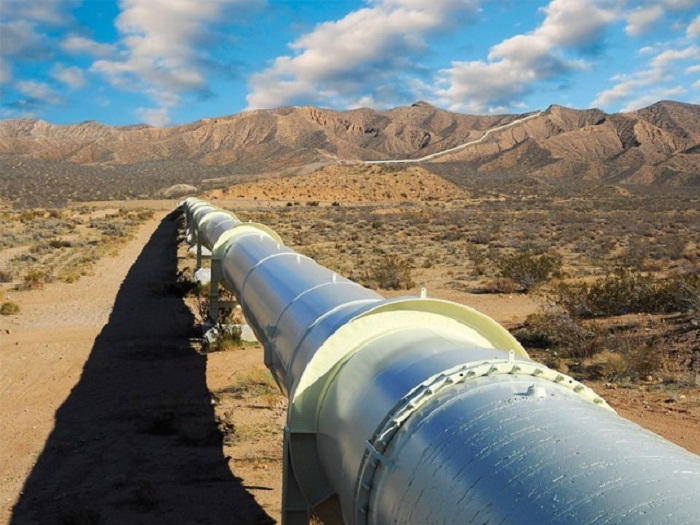Iran and the P5+1 (the US, UK, France, Russia, China, and Germany) reached a nuclear framework agreement on April 2 that raised hopes for achieving a comprehensive nuclear deal by July 1 and lifting of economic sanctions on Iran, including the restrictive measures against oil export.
Iran should invest $10-15 billion per year to maintain the current output rate of its oil wells, Iranian expert Reza Taghizadeh told Trend April 14.
About 80 percent of Iran’s oil wells are in their second half-life and are facing a fall in pressure, which leads to an output decline of 8 percent to 13 percent annually as a result, according to the U.S. Energy Information Administration (EIA).
Additionally, Iran’s revenues have decreased sharply as a result of international sanctions, which forced the country to keep investment for maintaining the oil output in its second plan, Taghizadeh underlined.
Iran`s oil export has decreased from 2.5 million barrels per day (mb/d) in 2011 to the current 1.1 mb/d level. During 2011, Iran`s crude oil production was about 3.6 mb/d, but this figure stands at below 2.8 mb/s, partly due to shutting down some fields in 2012 because of decreasing export volume.
Iranian expert further said that using oil wells in unproductive condition is another problem for Iran, which means extracting oil with the least cost and simplest technology, which harms the wells and decrease their life over the long-term.
According to EIA, Iran hasn`t started any new oil field since 2007.
Fatih Birol chief economist and future head of International Energy Agency (IEA) said April 12 that the chance of a significant oil export increase by Iran is very low at least in the next three to five years.
Taghizadeh believes that in the course of five years after sanctions are lifted, Iran’s crude output might increase but the country has Iraq and Saudi Arabia as rivals in traditional markets in particular in Asia, so finding markets for its increased output also will be a problem. He emphasized that boosting Iran’s oil output at least in the next five year is facing serious problems practically, in particular due to vital need for investment in oil fields.
In mentioning Iran`s oil fields, the expert said if Iran had increased its gas output it would be able to inject more gas to the oil wells to maintain production level. He further said that the country in particular in the past five years has injected saltwater instead of gas to its wells to cover domestic gas consumption and fulfill its gas export commitments.
Iran re-injects about 93 mcm/d of natural gas to old oil fields, but the required volume is at least 170 mcm/d.
Taghizadeh also stated that even if Iran and West achieve a nuclear agreement, only those sanctions that are imposed due to Iran’s nuclear program are expected to be removed and the others will remain in place.
“For instance removing the sanctions which came into force from 1996 and ban investment in Iran’s oil industry needs US congressional approval,” he said.
“Even if congress approves that, the effects will indicate itself in long term and Iran’s problem of absorbing investment for its oil industry would not be resolved,” Taghizadeh added.
While responding a question about Iran’s possible oil export to EU markets once the sanctions are removed, he said that every refinery can refine a specific type of oil based on its sulfur percent and changing feed of refinery needs at least three months.
Lifting sanctions would not lead to an immediate change in EU refineries’ structure, he explained.
On the other hand, banking transactions are another problem and the EU countries cannot barter oil with Iran as China does, Taghizadeh said.
For instance, Royal Dutch Shell owes Iran almost $3 billion due to oil trade from three years ago, he said, adding while the banking transaction with Iran is not normalized, oil companies will not welcome any new trade with the Islamic Republic.
So taking part in EU oil market in short term is not possible for Iran, even if sanctions are removed, the expert underlined.
More about:
















































